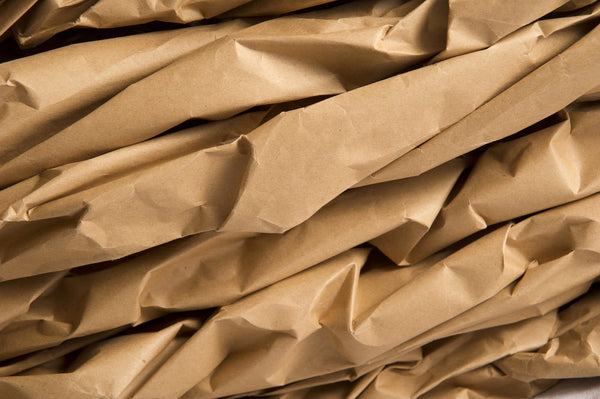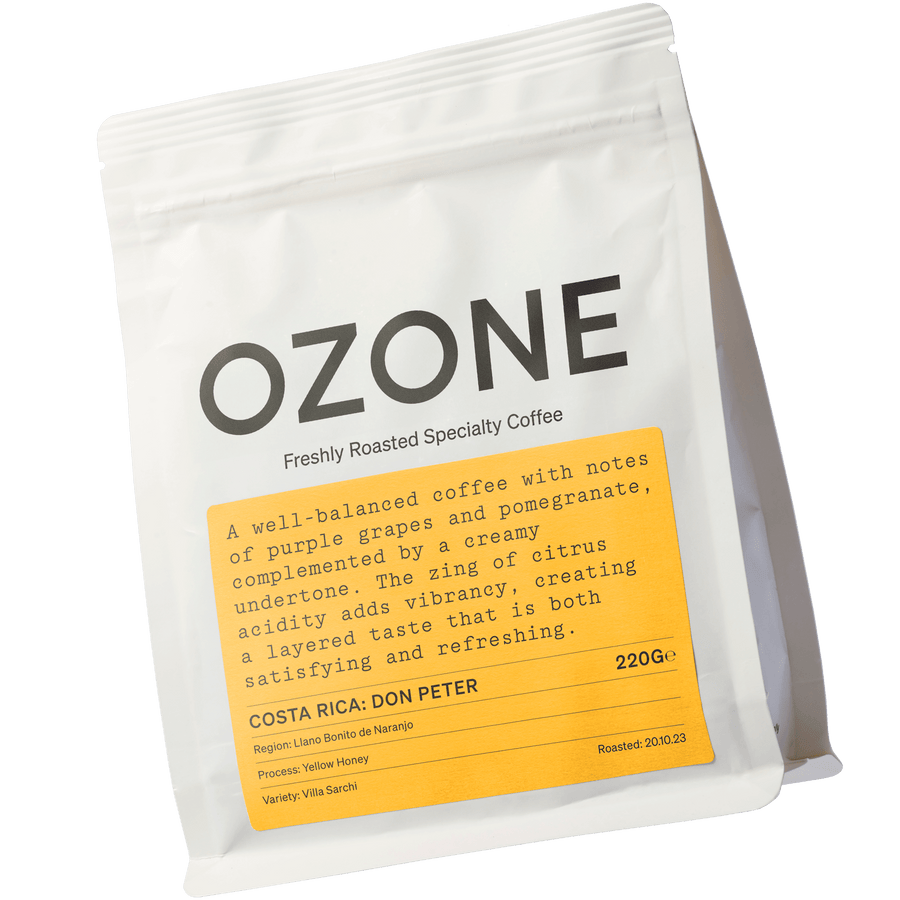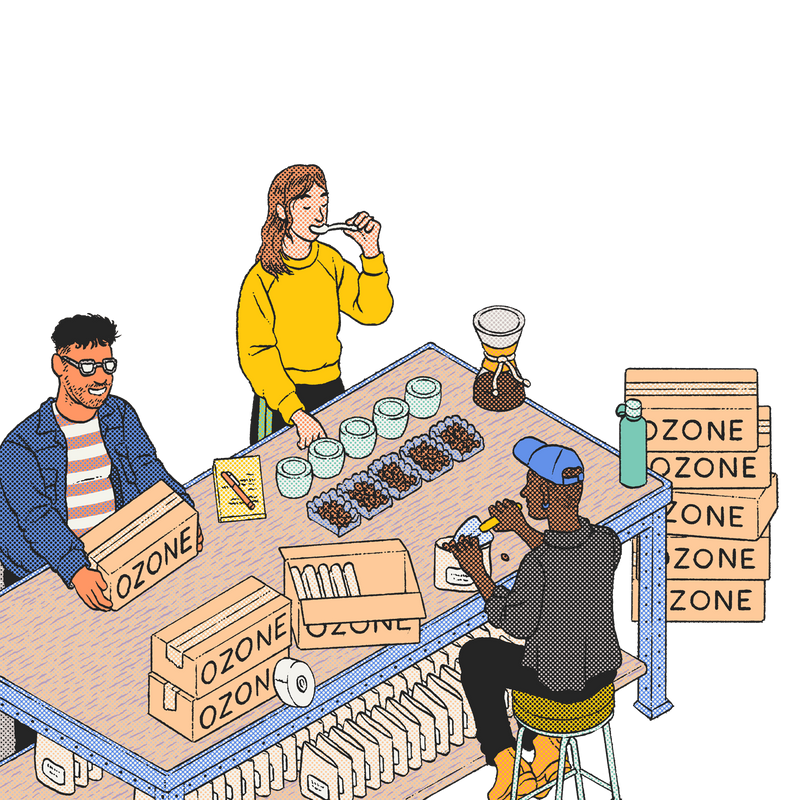MORE THOUGHTFUL PACKAGING & BAG RECYCLING
To us, sustainability is a journey we’ll always be on, not simply a destination. It’s a culmination of everything we do to make the coffee world a better place—from the producers we work with and ensuring they pay fair, above-market wages, the way our coffee is grown and sourced to protect the land it comes from, the packaging and materials we use, and much more. We want to leave the world better than when we arrived. That means taking small, thoughtful steps every day to reach our sustainability goals and being a force for good in the coffee industry.
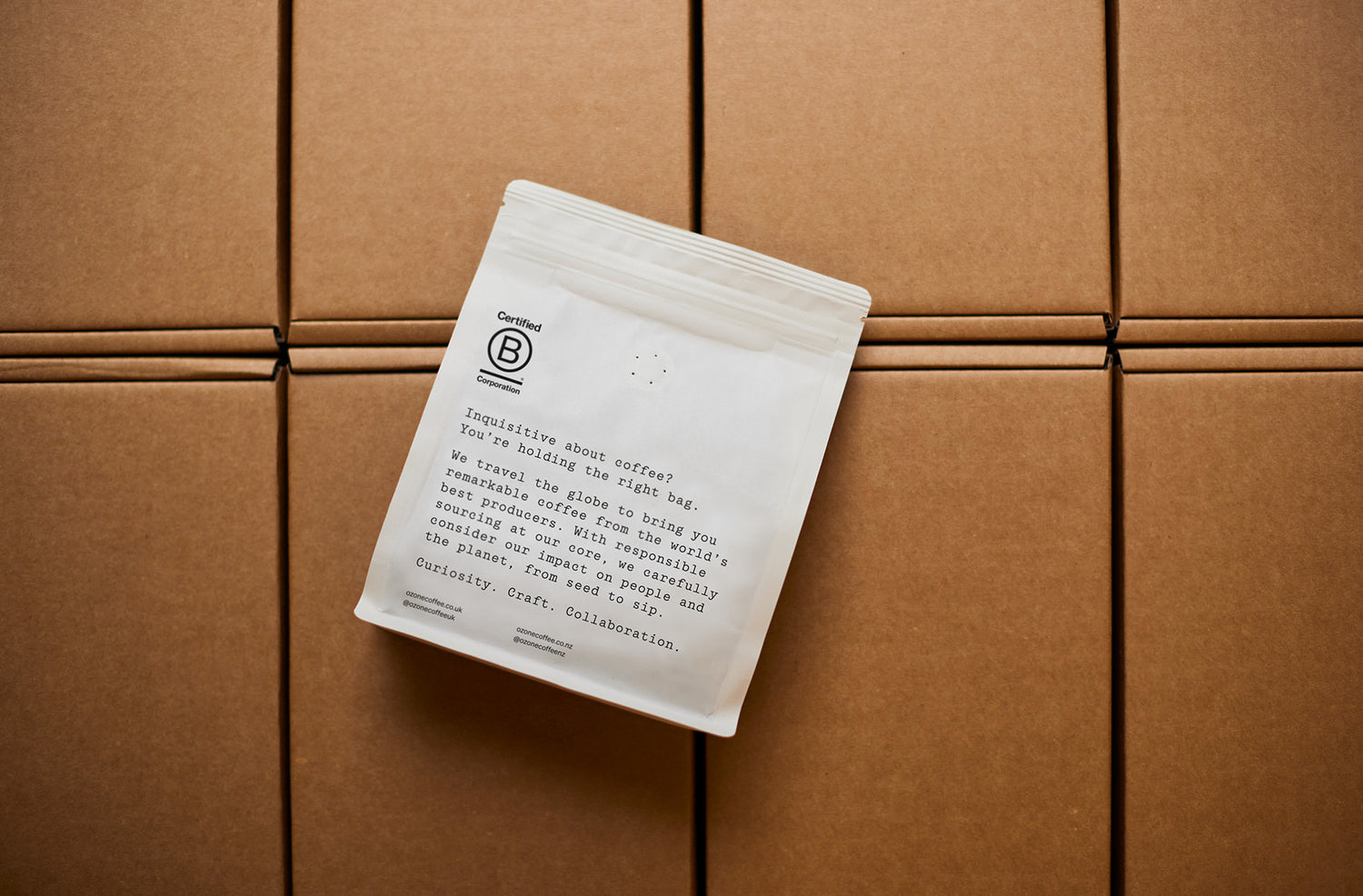
-

Compostable packaging
Our 125g and 220g bags can be industrially composted, giving it back to the earth with nothing left behind. For each bag of coffee you buy, you’re helping remove the same weight of plastic from our oceans.
-

FSC Certified Paper & Cardboard
We only use FSC certified paper and cardboard to ensure our paper materials come from responsibly managed forests.
-

Reused Packing Materials
We occasionally reuse packaging materials sent to us by other suppliers. If you receive any upcycled packaging materials with your order, we encourage you to please try and reuse them yourself too.
-
Can your bags be recycled?
A. Don’t recycle, compost! All our 125g and 220g bags can be industrially composted.
-
Why compostable rather than recyclable?
A. Recycling is a vital step towards a circular economy. But it’s crucial that recycling be kept uncontaminated from organic matter so that they don’t end up in a landfill after it’s put in your recycling bin.
-
What can I do with your 1kg bags?
A. Our 1kg bags are LDPE Cat 4, meaning they can be recycled with other soft plastics at supermarkets or council recycling facilities. You can also send them back to us and we’ll recycle them for you.
-
Do I need to remove the labels?
A. No! Our new labels are biodegradable like our bags, so there's no need to remove them.
-
Can I send bags back to be composted?
A. Yes! Please post them to us and we will recycle them for you. Our address is Unit 16, Ladford Covert, Ladfordfields Ind. Est. Stafford, ST18 9QL
-
Our 125g and 220g coffee bags are made from plants and are commercially compostable.
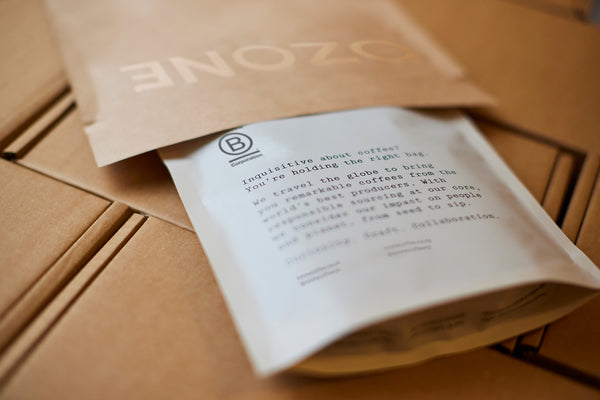
-
Our mailers and postcards are made from FSC-certified recycled wood pulp that’s both compostable and kerbside recyclable.
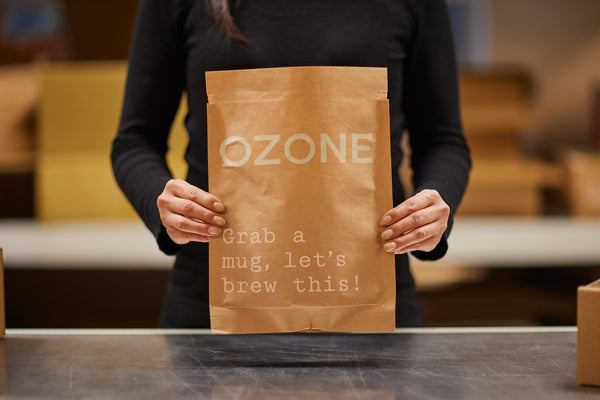
-
We send larger orders in cardboard boxes made from FSC-certified materials and sealed with paper packing tape.
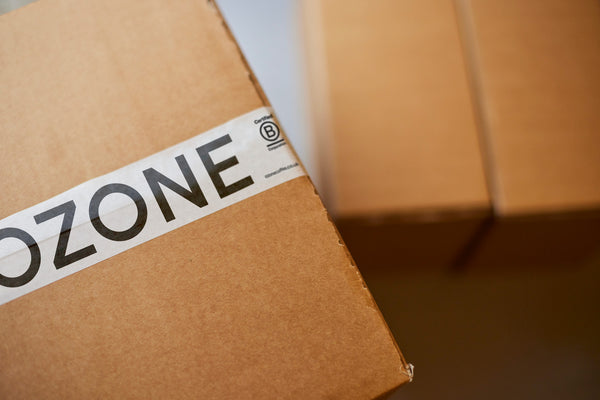
-
We use recycled kraft packing paper to keep your order safe in transit. For larger spaces, we also like to use empty coffee sacks. You can recycle these at home, or reuse them too!
